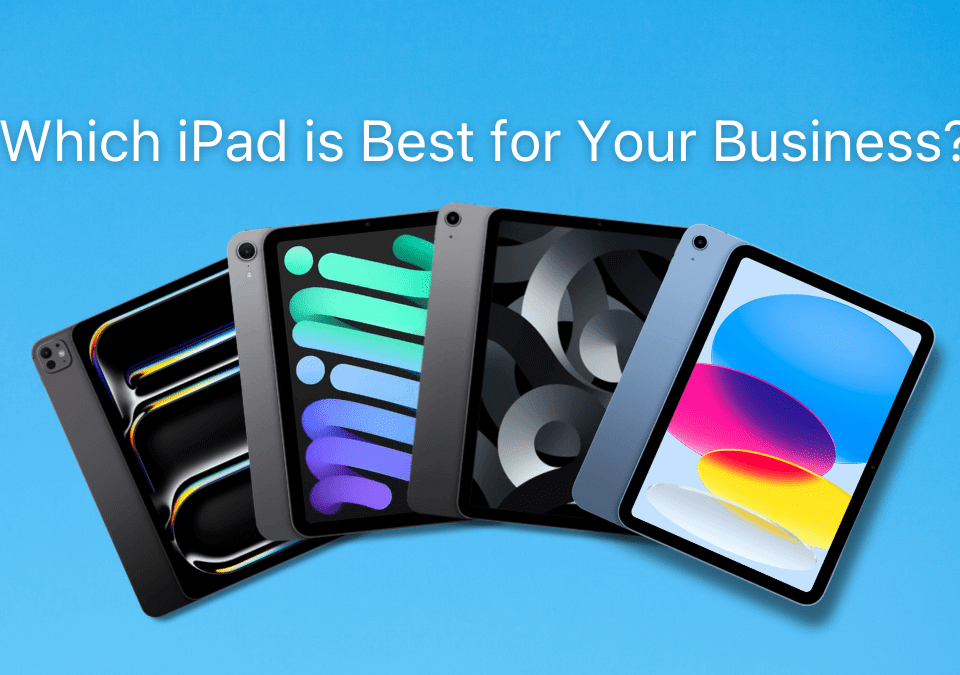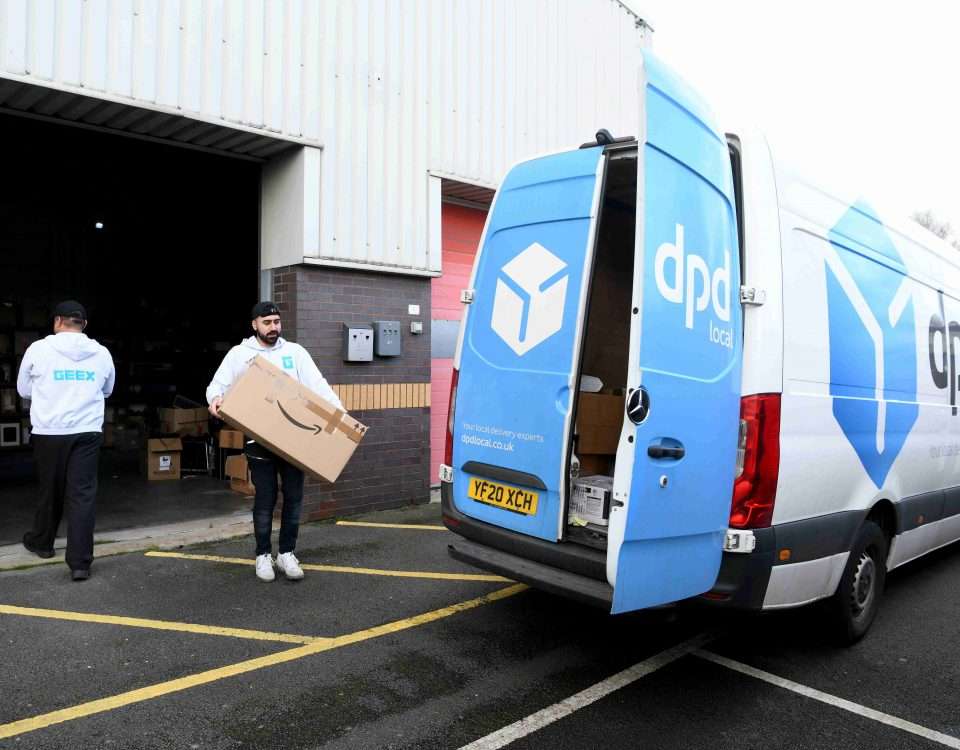Bring Your Own Device to Work or NOT
Flash Storage – The Flip Side
15 July 2016How 2 Install Your Apps onto Windows 10
31 August 2016TO BYOD OR NOT
According to Bob Egan of Forbes, the concept of BYOD (Bring Your Own Device) for business died a natural death nearly two years ago. The concept was however extremely popular when smart phones, iPhones, and Blackberry first came on the scene, primarily because of the convenience it offered for both employers as well as employees. As time passed, the thrill wore off and problems emerged. The question then remained was – Is BYOD good for business? Well the simple answer is “Yes it is.” Egan qualifies his opinion about the death of BYOD by saying “BYOD as we know it is dead”. There is little doubt though, that the phenomenon has changed the way businesses function. Let’s see what has changed and whether BYOD is still a good business practice.
The Good
Let’s begin with some stats. One survey by Entrasys shows that BYOD is practiced by 74% companies. IDC 2011 however differs by saying this figure is underestimated by about 50% which means more than 74% companies are using it. Roger Bjork, of Dell Enterprise Mobility Solutions says that employees who are allowed to bring their own device to work put in more hours as compared to those who are not. These figures show that BYOD is definitely good for business. Simply put BYOD facilitates easy access to CRM, knowledge base, database and other resources allowing employees to work from anywhere. Surely it is advantageous for this reason alone.
Another major plus is that your database / knowledge base stays up to date right up to the minute which in turn means you have access to real time data that you can effectively use for lead generation, conversion, and increasing ROI. You can also effectively reduce costs – particularly hardware costs – by allowing employees to use their own hardware devices. BYOD means your employees – and you too – can work even when the office is closed.
Expansion is another area where BYOD will work in your favour. Expanding across time zones is much easier if you just allow those working with you to use their own device instead of insisting that they have one dedicated to your business. With so much in its favour, why did the practice lose steam?
The Bad
One thing about BYOD is that there is a lot of grey area. Who for example would provide technical support for the devices owned by the employees but used for office work? The employees would naturally look towards their employer which means additional costs for round the clock support. After all if you want them to work round the clock you should too. Another big thing going against BYOD is the fact that data on mobile devices is exposed. Most people leave their private phones lying around carelessly and many of them are not secured by passwords or pins, for the simple reason that they are personal. Loss of personal devices is another big threat when business data is available on personal devices.
Another argument against BYOD is that employees who quit carry sensitive data and information with them. They may still have access to your database unless you ensure their account is deactivated. Even then they may have data and information downloaded on to their device. This is a leak that can easily go unnoticed unless you are alert to the possibility.
Data on personal devices could therefore mean a ticking time bomb for your business. Data exposed in this manner means exposure to breach leading to loss of ROI and additional expenses for recovery. It is for these reasons that
business owners hesitate to adopt the practice of BYOD and why the practice petered out. We at Geex however feel that the advantages far outweigh the risks. After all there are ways to mitigate risks.
The Way to Go
So! Like everything else, there is a good and a bad side of BYOD. But the question still remains, how to mitigate the risks? Managed care is the simple answer to that one. At GEEX we can provide you complete BYOD management. Our services will help you mitigate the risk of data loss by defining and implementing protocol. We will provide you a single window service for all types of devices used by your employees. We can ensure secure data transfer through encryption. Enforcing protocol is achieved through monitoring access to corporate resources. Data loss is prevented by techniques such as need based access, automated memory wipe, remote locking, and device tracking. We also help you conduct periodic audits to identify potential leaks and plug them well in time. As your managed care consultant, Geex can help you establish and implement the protocol for all devices that your employees bring with them. Following these guideline, we can guarantee almost 100% security. Well we’re not God so 99%.













